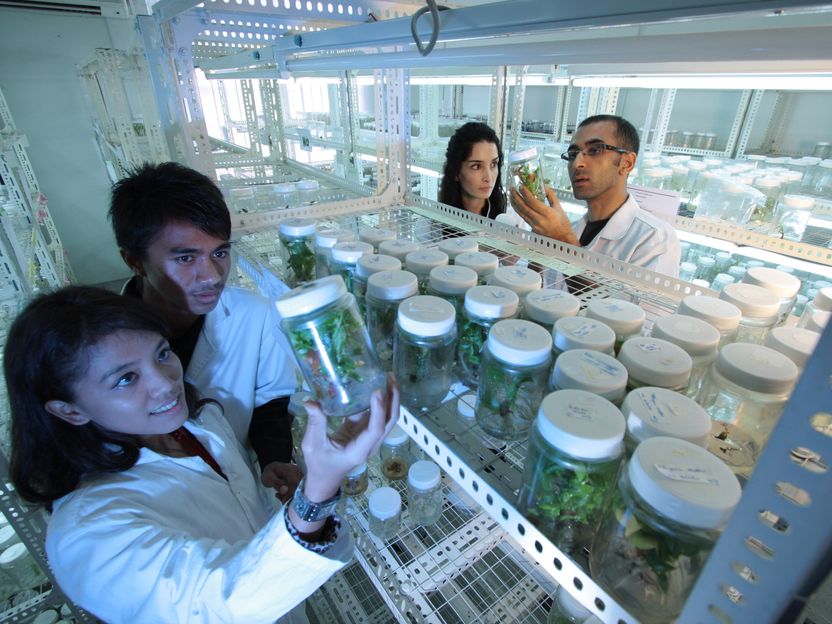Food monitoring: "Something urgently needs to move"
Advertisement
The number of food controls in Europe is decreasing. The Federation of German Consumer Organisations (vzbv) therefore urgently demands consequences - also against the background of the current sausage scandal.

Bild von felixioncool auf Pixabay
Germs in sausage and meat products, toxic cleaning agents in eggs or untenable hygiene conditions in bakeries: Germany is repeatedly plagued by food scandals. No wonder, finds the European consumer association BEUC. In its report published in October 2019, it shows that food monitoring is becoming weaker and weaker almost throughout Europe.
It's a grim picture that BEUC paints in its report "Keeping Food in Check": In Germany alone, the total number of controls fell by 22 percent between 2007 and 2017. This corresponded to 225,502 fewer inspections in 2017 than in 2007. And: the farms that were inspected were visited less often. Yet the number of establishments remained virtually unchanged.
Only some of the tasks can still be done
The study reports similar findings for most of the other ten EU countries that were examined. BEUC notes, "As with the number of inspections, food inspection resources are dwindling." From the ranks of the food inspectors and their professional associations, the signals accumulated that therefore only a part of the actually necessary tasks of food inspection can be managed at all.
That this may not continue in such a way, demands the consumer center Federal association (vzbv): The weak points in the structure of the food monitoring are well-known for years. The fact that the federal and state governments have so far failed to remedy the problems and at the same time the number of inspections has fallen is a scandal in itself. In the food supervision in Germany urgently something must move , says Klaus Mueller, executive committee of the vzbv.
Specifically, the vzbv demands that the federal and state governments reform the organization of food monitoring and ensure sufficient transparency about the results of food monitoring in order to prevent food scandals like the one involving the Wilke sausage factory in the future.
Federal transparency system demanded
In addition, the vzbv demands a nationwide transparency system: The control reports of food monitoring must be published, including an easily understandable evaluation in the form of a "hygiene barometer" or "smileys" - on the Internet and on the doors of restaurants, canteens and shops. In a recent representative survey by the Federation of German Consumer Organisations, 9 out of 10 respondents are in favour of publishing the inspection reports in the form of a smileys, inspection barometer or similar.
Experiences from other countries show: Transparency leads to more hygiene and offers consumers real orientation. The example of Wales in Great Britain shows that this can work. There, the results of food monitoring must be posted on the door of the establishment, among other things. This improves the general standard of hygiene there. While in 2013 only 45.2 percent of establishments received the top score of "5", by 2017 this had risen to 65.1 percent.
A pilot project in North Rhine-Westphalia has shown similar results. In Bielefeld and Duisburg, the results of official inspections of restaurants were published for three years. The controls were taken more seriously and problems were eliminated more quickly. More than 70 percent of the establishments in Bielefeld and Duisburg that were inspected a second or third time had improved.
Note: This article has been translated using a computer system without human intervention. LUMITOS offers these automatic translations to present a wider range of current news. Since this article has been translated with automatic translation, it is possible that it contains errors in vocabulary, syntax or grammar. The original article in German can be found here.






























































